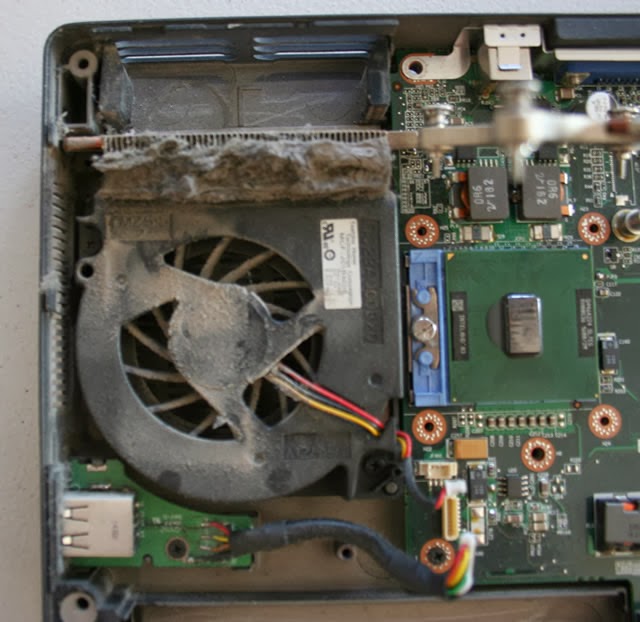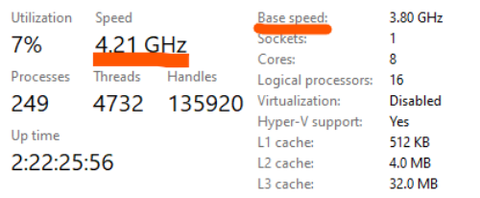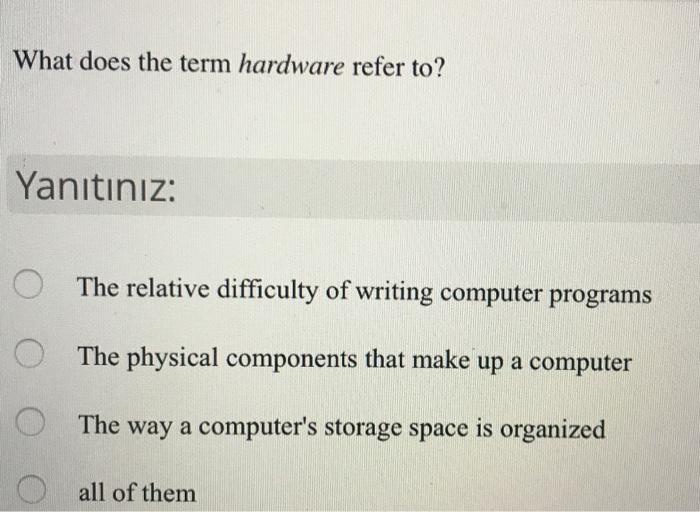Deciphering Odors: What Does a Refrigerant Leak Smell Like?
Introduction
Ever wondered what a refrigerant leak smells like? Most of us have experienced the smell of a gas leak or a sewage leak, but a refrigerant leak? It's an unfamiliar scent for many. Refrigerant leaks aren't as common, but they can pose significant health risks. Besides, it could be affecting the efficiency of your refrigerator. To ensure a safe and healthy home environment, we need to understand the role of refrigerants, detect the signs of a leak, define its smell, and identify potential health impacts. It's equally important to know how to manage these leaks.
What Role Do Refrigerants Play in Your Fridge?
Refrigerants are the life-blood of your refrigerator. Their primary role? To absorb heat from within and exhaust it outside the unit, thus maintaining the desired low temperature inside the refrigerator. But how do they achieve this? Let us delve into the process:
- Refrigerant's Process: Refrigerants are specialized fluid substances that are capable of transitioning from a liquid to a gaseous state rapidly, absorbing heat from the surroundings during this process.
- Heat Absorption: The action starts in the enclosed space of your refrigerator, where the liquid refrigerant evaporates into gas absorbing the heat from your food and making the interior cool.
- Heat Exhaustion: This now hot gas passes through the fridge's coils at the back, re-condensing back into a liquid and, in the process, giving out the absorbed heat.
- Continuous Cycle: This process repeats itself in a never-ending cycle, ensuring your fridge remains cold and functional.
When a fridge's refrigerant starts leaking, its cooling efficiency plummets. The overall process gets disrupted, leading to slower cooling rates and consequently, a warmer fridge interior and potentially spoiled food. Thus, understanding the role of a refrigerant is pivotal to maintaining an effective refrigerator system.
What are the Warning Signs of a Refrigerant Leak?
Stay vigilant to the following warning signals that could indicate a refrigerant leak from your refrigerator, enabling a swift response:
1. Reduced Cooling Efficiency: The most apparent sign of a refrigerant leak is a decline in the cooling efficiency of your refrigerator. You may encounter longer cooling times for your food, or observe that the interior of your fridge isn't as chilly as it once was, which could jeopardize the freshness of your stored food items.
2. Icy Encrustation: Although a fridge is supposed to chill, excessive icing in the freezer compartment can be a giveaway of a refrigerant leakage. This becomes more common when the refrigerator system struggles to balance cooling because of a refrigerant deficit.
3. Escalated Power Bills: If there's a refrigerant leak, your fridge has to overwork to maintain the desired temperature, resulting in increased power consumption. Consequently, if you notice a sudden spike in your energy bills without any particular changes in your usage pattern, your refrigerator may be the culprit.
4. Eerie Sounds: Pay attention to the sounds your fridge makes, although some noise is expected, uncharacteristic hissing, or bubbling could point toward a refrigerant leak.
Identifying these warning signs promptly allows for quicker action, curbs potential health hazards, and also precludes exorbitant repair charges. After all, prevention is always better than a cure.
How Can We Describe the Smell of a Refrigerant Leak?
A refrigerant's typical odor is commonly described as sweet and ether-like. However, its distinct smell can vary based on certain nuanced factors. Here's a deeper insight into the defining characteristics of a refrigerant leak's smell:
1. Commercially Manufactured Fragrance - Refrigerant gases do not have a natural odor. To aid in leak detection, manufacturers add a synthetic, sweet-like scent. This specifically formulated odor is created to be distinct and recognizable.
2. Similarity to Car AC's Scent - To draw a parallel, the smell of a refrigerant leak is often equated to the odor produced when a car's air conditioner is turned on after a prolonged period. This analogy acts as a useful guide for those attempting to identify the smell.
3. Dependence on Gas Density - Intriguingly, the gas density might influence the perception of the smell. A lower density leak near the ground may make the scent seem stronger, while a higher leak disperses the smell evenly and appears more subtle.
4. Concentration - The intensity of the odor may vary based on the size of the leak. A small leak may just emit a faint whiff, while a larger leak could result in a powerful, pervasive smell.

In summarization, while a refrigerant leak emits a distinct sweet, ether-like scent, the intensity and distribution of the odor depend on factors like gas density and leak size. Familiarizing oneself with these characteristics can aid in early detection and response.
What are the Potential Health Impacts of Refrigerant Leaks?
Refrigerant leaks may seem benign but they carry potent potential health impacts because of the dangerous substances they release. Knowing these risks can help in recognizing and preventing exposure to refrigerants.
Here are some key health impacts associated with refrigerant leaks:
1. Short-term Exposure Effects:
- Eye, nose, and throat irritation: Reacting to the presence of unfamiliar chemicals, your body may trigger a defensive response leading to irritation.
- Headaches and dizziness: These are classic symptoms of exposure to hazardous substances, including refrigerants.
- Nausea: Overpowering odors from the refrigerant leak can cause feelings of sickness.
2. Long-term Exposure Effects:
- Central nervous system impairment: Prolonged exposure to refrigerants can affect the brain, leading to confusion and a loss of consciousness.
- Asphyxiation: In severe cases, a refrigerant leak can cause suffocation by displacing oxygen in a enclosed space.
- Hazardous to overall health: Long-term exposure to refrigerants may lead to more detrimental health issues, depending on concentration and duration of exposure.
Remember that symptoms and severity often depend on the concentration, duration of exposure, and the individual's health status.
In case of a detected leak:
- Immediately evacuate and ventilate the area to dissipate the escaped refrigerants and reduce exposure.
- Seek an outdoor area with fresh air and contact health professionals if any symptoms occur.
Recognize the potent risks associated with these common appliances and ensure that you're taking the right steps to protect yourself and your family.
How Can You Detect and Manage a Refrigerant Leak?
Recognizing and addressing a refrigerant leak should be a priority to maintain household safety and refrigerator efficiency. Here's a step-by-step guide to effectively detect and manage a refrigerant leak:
1. Detection Tools: Use electronic leak detectors for a preliminary check. These devices are both user-friendly and reliable for detecting refrigerant leaks. However, remember that a professional assessment is vital for thoroughness and safety.
2. Safety Measures: Upon suspecting a leak, start by switching off your refrigerator's main electrical supply. This step curbs further damage and increases safety.
3. Professional Assessment: Do not attempt to solve the problem on your own unless you are professionally trained. Instead, contact a certified technician to assess and repair the leak.
4. Preventative Measures: Proactive maintenance can avoid potential leaks in the future.
- Regular Cleaning: Dust and dirt can obstruct the coils at the back of your fridge, leading to leaks. Cleaning them regularly promotes better fridge performance and longevity.
- Proper Ventilation: Ensure that your refrigerator has sufficient ventilation space. This step helps in heat dissipation, thus reducing the load on the cooling system.
By following these steps, you can ensure the early detection and swift management of any potential refrigerant leaks. Thus minimizing damage, mitigating health risks, and enhancing the efficiency of your refrigerator. It's better to stay proactive and educated in maintaining a safe and efficient household environment.
Conclusion
Understanding what a refrigerant leak smells like is crucial in maintaining a safe household environment. Detecting and managing the leak promptly can mitigate potential health risks and enhance the efficiency of your refrigerator. Stay aware, stay informed.
Related FAQs about what does a refrigerant leak smell like
What precautions should you take when detecting a refrigerant leak?
When detecting a refrigerant leak, ensure to switch off the fridge's electricity. Avoid direct contact with refrigerants due to potential health risks. Initially use electronic leak detectors for a basic check. Finally, contact a certified technician for a thorough assessment and repair to ensure safety.
Are all refrigerants in refrigerators the same?
No, not all refrigerants are the same. Different refrigerants may be used based on the fridge's make and model. Common refrigerants are chlorofluorocarbons (CFCs), hydrochlorofluorocarbons (HCFCs), and hydrofluorocarbons (HFCs). Each has its specific properties and potential environmental impacts.
How often should I check for refrigerant leaks in my fridge?
There's no specific frequency, but be vigilant for signs like reduced cooling, abnormal sounds, or a spike in energy bills. If your fridge is old or has had leaks in the past, check more frequently. Regardless, annual preventative maintenance by professionals is recommended.







